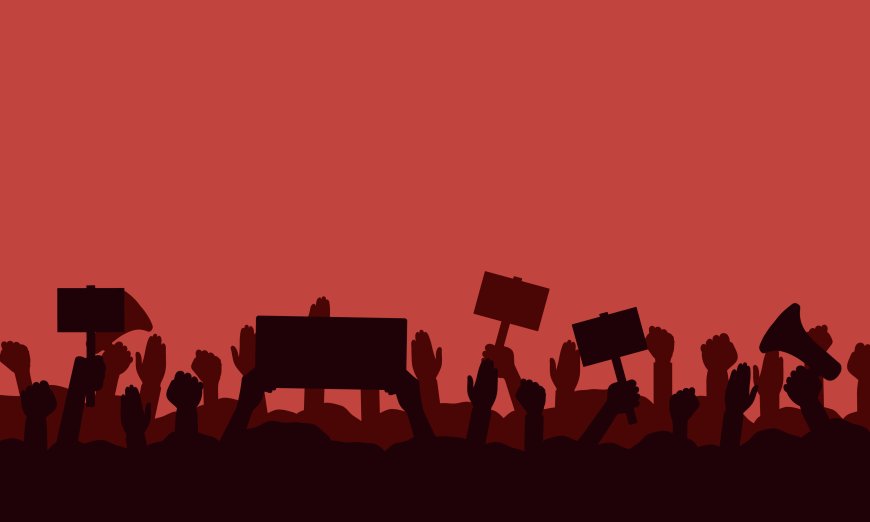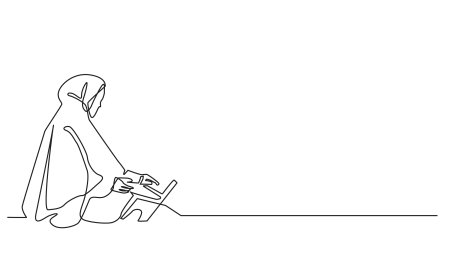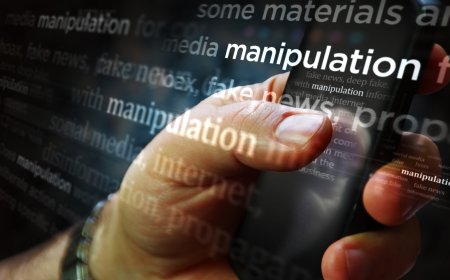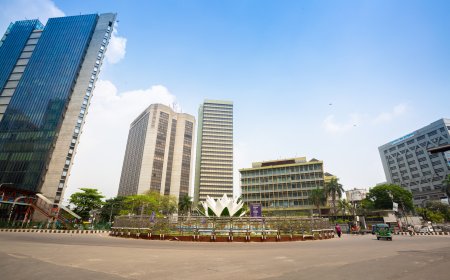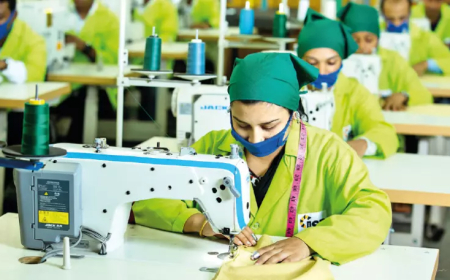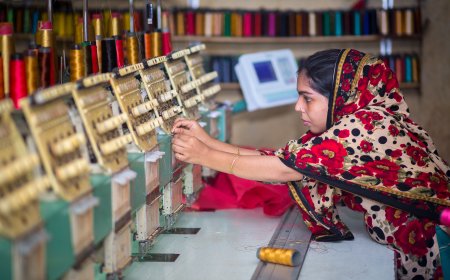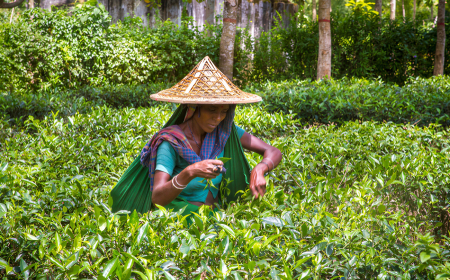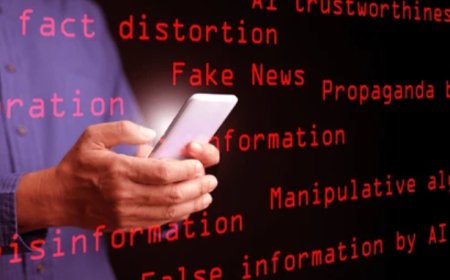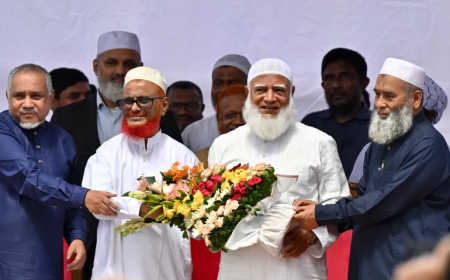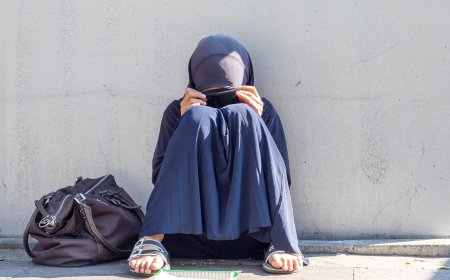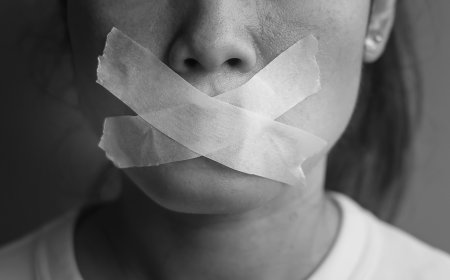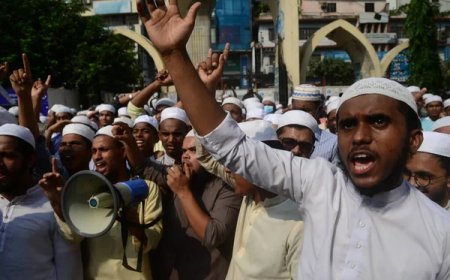The mass uprising in 2024 was not the first one against autocracy since Bangladesh’s birth in 1971; a largely peaceful movement paved the way for true democracy in the country more than three decades ago in 1990.
The "history" presented in the July Charter signed on October 17 conveniently omits many such facts. Following the army intervention in 2007, the subsequent election was held under a caretaker government, widely regarded as free and fair, which brought the Awami League to power for the second time. The Awami League's first tenure began in 1996, after a movement brought in a neutral caretaker government led by former Chief Justice Habibur Rahman, under whom elections broadly accepted as free and fair were held.
Therefore, how accurate is it to hold Awami League, a party elected in free and fair elections twice, as was BNP, solely accountable for subverting democracy in the nation’s over 50-year history, especially when the BNP was ousted from power in 2007 at the face of similar charges by the public?
In 1996, before the formation of Habibur Rahman’s government, the BNP conducted an election in February of that year, which was universally recogized as neither free nor fair. This led to a second election four months later in the same year under a neutral caretaker government, resulting in the Awami League’s victory. Following this, the BNP served as a constructive opposition in parliament during the full term Awami League served, at the end of which Awami League willingly transferred power to another caretaker government led by former Chief Justice Latifur Rahman.
These instances are hardly indicative of a dysfunctional democracy; rather, they reflect the stops and starts of a nation still grappling with the concept of fair play, a challenge common even in many mature democracies. The journey since the 1990 uprising has not been easy, but it remains a fact that both major parties were elected in free and fair elections twice under caretaker governments, with only one of them, the Awami League, relinquishing power willingly at the end of its tenure in 2001.
The drama surrounding the interim caretaker government formed in 2024, led by Nobel laureate Professor Yunus, was unprecedented. It highlighted the fractures within fragile institutions that struggle to endure the ideological onslaught from radical youth, who are inexperienced in governance, but are fueled by a misguided sense of entitlement to a ‘revolution’ that never truly occurred. The situation is further complicated by the unwavering support they received from the Chief Advisor and the cover he and therefore they have received by virtue of his global reputation.
Dramatization of an organic process of change ensued from the very onset. What was to be a political transition in an imperfect democratic journey, sharply turned into an ideological conflict that sought rewriting of history. In his very first interview as the interim government chief taken by Anis Ahmed in Voice of America, Professor Yunus was asked what he thought about indiscriminate destruction of relics of the 1971 independence movement, including the Dhanmondi residence of the Father of the Nation Bangabandhu Sheikh Mujibur Rahman which was previously turned into a museum.
His reply was astounding. The term "reset button" was first heard from him, with further emphasis on the need for "rewriting the past." What followed since was systematic dismantling of foundations of an old state with the promise of a new Bangladesh based on new values of a "July Revolution," backed by the rhetoric of a country under siege from within and without. From the outside, a strong and powerful neighbour India, currently giving shelter to the deposed Prime Minister Shiekh Hasina, would be the favourite whipping horse.
Politics is boring to many, but its overdramatization has even more severe consequences. Ideological crusaders will seek opportunity, wiping away decades of progress in our quest of a just and equitable society for all.
As the oft-quoted saying goes: "Democracy is the worst form of government, except for all the others that have been tried."
The sooner we overcome this tumultuous transition and embark on our mundane journey for democracy fraught with its own setbacks and disappointments, the more likely we will find the peace, stability and economic justice we yearn.
